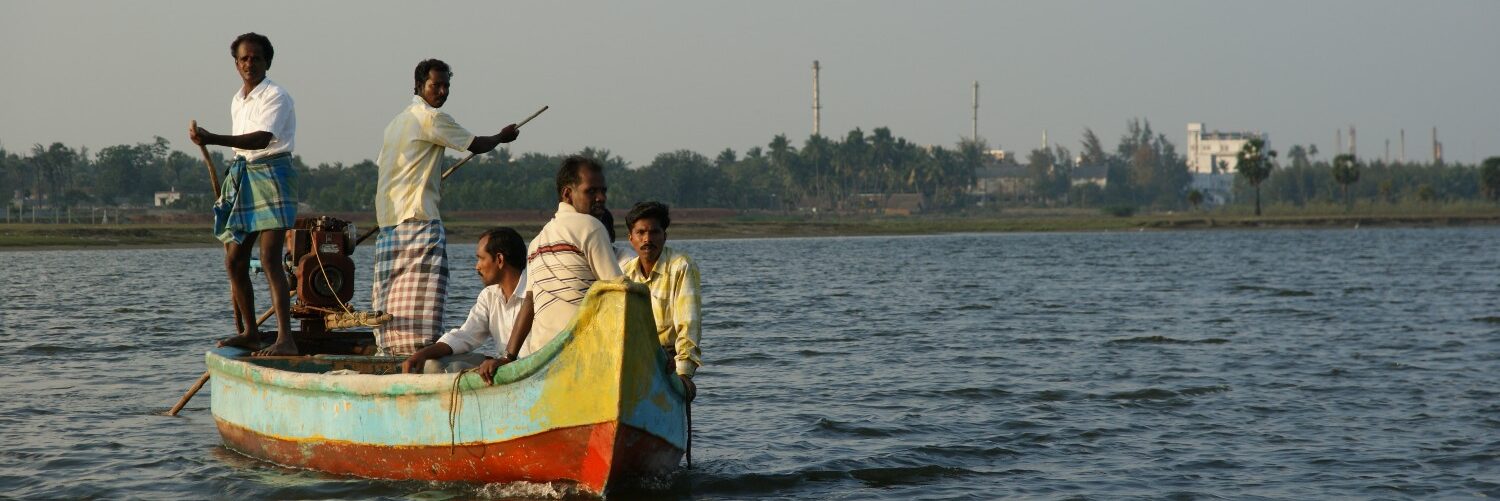April 07, 2014
Arvind Kashyap
Hindustan Times
Solan: Expressing concern over the failure of the authorities of Himachal State Environment Protection and Pollution Control Board and dawdling approach of industrial houses in following environment laws, several people on Saturday urged the government to initiate the needed corrective measures and take stern action against defaulters to conserve the ecology and environment of Baddi- Barotiwala- Nalagarh industrial belt.
The participants expressed their views before a panel of experts at a public hearing, jointly organised by Him Dhara, Environment Research and Action Collective, and Him Parivesh to provide an open platform for pollution and mining-affected people from across the industrial belt to speak up.
The panel included Dr Rajesh Kumar, head of school of public health, PGIMER, Chandigarh; Anil Gupta, scientist, Peoples Science Institute, Dehradun; and journalist Rakesh Lohumi.
In almost all the written and oral submissions, the problems of illegal discharge of effluents, air pollution and dumping of hazardous waste along river beds, in farms and open spaces were highlighted.
Complaints were made against Khurana Chemicals at Maganpur, Jaypee’s cement grinding unit at Bagheri, A Greenply unit at Panjhera, Kangra Steel Mill and Eastman’s battery unit at Kripalpur, Amico Tex at Bir Palassi, Sara Textiles at Bhatiyan, Him Chem at Kheda, Vardhaman Auro Mills at Baddi, and Gilvet Ispat at Jharmajri.
Apart from these industries, the issue of river bed-mining leading to scouring of the river bed and the pollution of stone crushers was also raised.
The public complaints criticised the state pollution control board for the poor monitoring and regulation of the industries.
Shweta Narayan of Community Environment Monitoring, Chennai, deposed before the panel and presented the findings of the ambient air samples taken at Bagheri and Baddi. She said, “Ut is the right of the community to know what’s the state of the air they breathe and water they drink. The pollution control board has been extremely secretive and non-transparent about its operations in the area.”
She said the findings of air samples showing that parameters like fine dust levels (pm 2.5), were routinely violated and posed a major health risk. Air samples have shown presence of heavy metals like mercury, lead, manganese, nickel and cadmium in the air which could be fatal for the local populations. Himdhara members presented data collected from the pollution control board through file inspections and RTI applications, which showed that more than 50% of the 2,063 units were operating without valid consent.
They said rarely were show-cause notices issued to units. And, in cases where these were issued, there was virtually no follow-up by the pollution control board. Also, 60% of the units do not have effluent treatment plants (ETP) and ground water was severely polluted, they said.
A study by Panjab University published in 2011 indicates presence of heavy metals above permissible limits, Hindhara members saod. DK Sharma, senior scientific officer of the pollution control board, said the Central Pollution Control Board had not yet objected to the state boards monitoring methods, but people at the hearing remained dissatisfied. At the end, the panel, in its preliminary observation, said the region was in a critical state as a result of the pollution.
